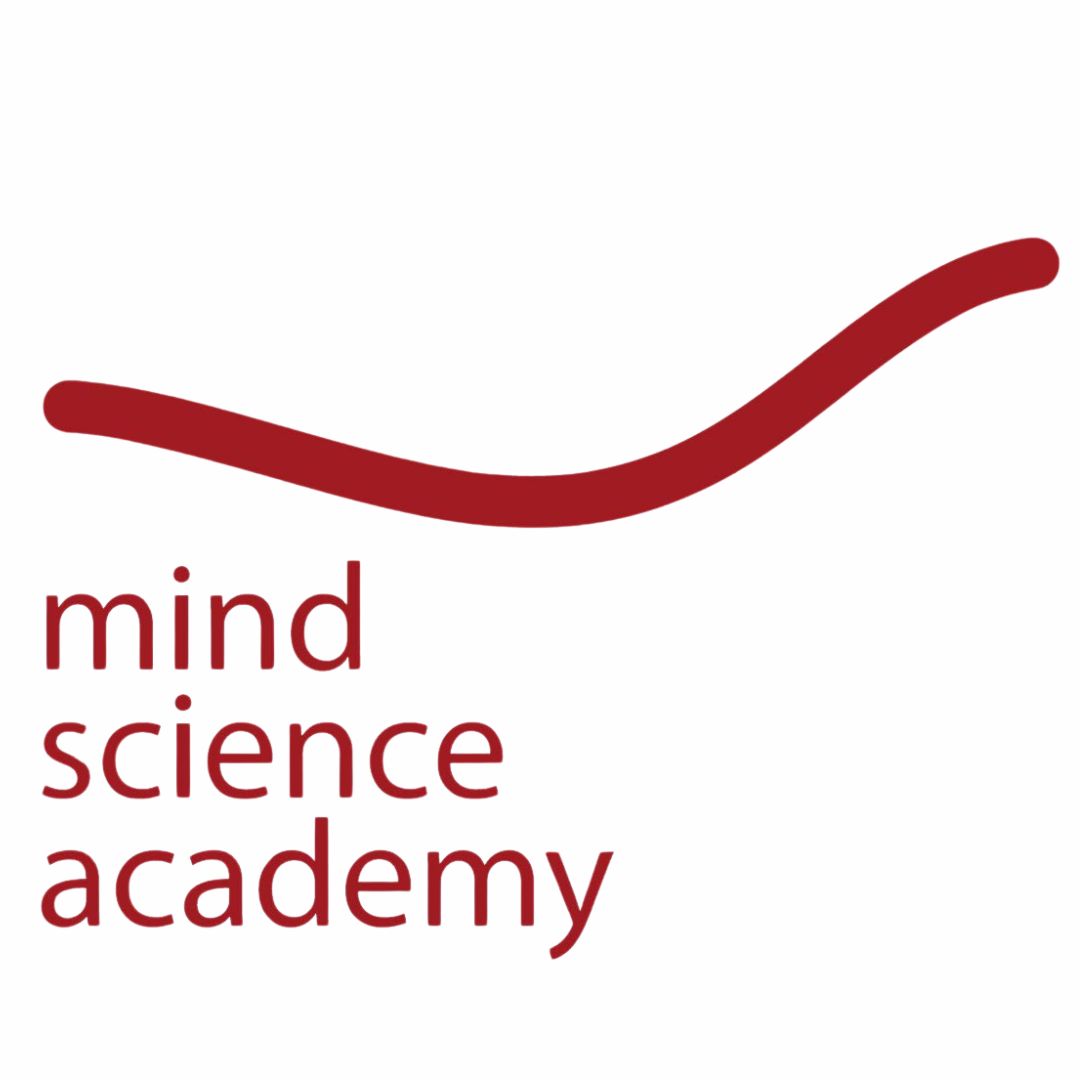Until today

His Holiness the Dalai Lama has long been at the vanguard of dialogue with representatives of the scientific environment, explicitly declaring his openness to whatever positive innovation can spring from its findings. The study of the mind within the buddhist itinerary is vast and profound enough to inspire and inform valuable and intriguing thought, whatever spiritual leaning one may hold. This very notion was highlighted by the Dalai Lama himself during his visit to Istituto Lama Tzong Khapa in 2014. In a private interview including the residing monks, His Holiness has encouraged a secular approach, not to confine our strife within buddhist territories but, instead, to reach out to whoever is interested in open confrontation, acknowledging it as a space for serene and productive connection, prolific contamination.
This fundamental drive and backing has fueled a convention of scientific collaboration, signed in 2016, between the University of Pisa and the Lama Tzong Khapa institute.
This agreement aims at promoting a multidisciplinary approach to the study of mental processes that avails itself, on the one hand, of western sciences' modern acquisitions (biophysics, neurosciences, psychology, psychophysiology, philosophy of mind, etc.), on the other, on the immense wealth of knowledge collected in 2500 years of history by buddhist traditions in the field of first person reconnaissance, questioning mental processes from the first person: from introspection, concentration, up to meditative practices.
It consists in a structured experience that complements for instance those already taking place in other campuses and research institutions, particularly in the United States (Stanford University, Emory University, Columbia University).
The agreement includes the possibility of creating learning activities and stages; the recognition of ECTS-credits, thesis and occupational pursuits and the institution of Master programs, both first and second level.
In these years, said agreement has found its most apparent accomplishment in the first-degree Master program in Neuroscience, Mindfulness and Contemplative practices, now at its seventh edition, that envisages the participation of scholars from both founding institutions.
As teachers, it includes two among the most distinguished Tibetan Lamas: venerable Ghesce Tenzin Tenphel and Ghesce Jampa Gelek (residing in Lama Tzong Khapa Institute) placed side by side to University of Pisa faculty member and other experts from outside venues.
In 2017, during MSA's first symposium, hosted by the University of Pisa The MindScience of Reality, His Holiness received the ad honorem degree in clinical psychology.
Said symposium was nourished by the presence of influential scientists, philosophers and thinkers examining sensitive themes and the Dalai Lama's interventions and exhortations were plentiful and insistent. Multiple times, He has highlighted anew the urgency in exploring fresh, common grounds between the field of contemplation and scientific inquiry, in order to enrich both perspectives and benefit of the empirical approach buddhist thought has oftentimes displayed. Here's an interview well portraying His Holiness' ideas.


